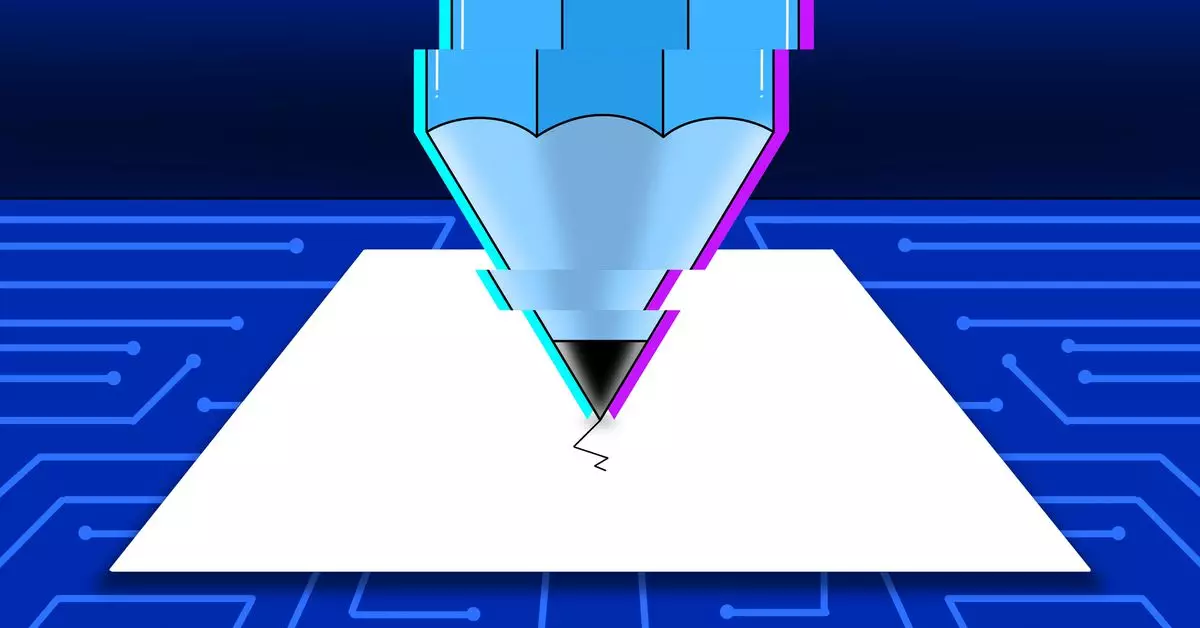In a notable response to the growing influence of artificial intelligence on intellectual property, Penguin Random House has revised its standard copyright notice in published works. The new language explicitly states, “No part of this book may be used or reproduced in any manner for the purpose of training artificial intelligence technologies or systems.” This move is a clear indication that the prominent publishing house is taking proactive measures to safeguard authors’ rights and the integrity of literary works amid escalating concerns surrounding the use of content in AI training.
The Implications of AI on Copyright Law
The decision by Penguin Random House signals a significant shift in how publishing houses may choose to navigate the intersection of literature and technology. The inclusion of such a clause on both new and reprinted books reflects heightened awareness of how AI models utilize vast amounts of data, including copyrighted texts, to enhance their learning. By expressly reserving its works from the “text and data mining exception” under European Union laws, the publisher highlights the complexities that arise when traditional copyright principles confront newer technological paradigms.
Yet, while this new clause appears to bolster copyright enforcement, it is essential to scrutinize its actual efficacy. The language serves more as a symbolic gesture—similar to a ‘robots.txt’ file that websites often employ to request AI companies not to scrape their content. However, unlike legal instruments, this clause does not create a binding constraint. Copyright does not hinge on the presence of a specific statement in a book; the law offers protections against unauthorized reproduction regardless of such inclusions. This raises questions about how effective these measures will be in practice.
Furthermore, the move by Penguin Random House could be interpreted in various ways. Some may see it as a necessary and responsible act to safeguard originality and uphold the value of authors’ contributions. Others, however, might consider it a public relations strategy, designed to align the publisher with a growing sentiment against the unregulated use of published material by AI. It could be argued that while the intent seems noble, the effectiveness of such a policy remains to be seen, especially given the precedent set by court cases surrounding copyright and fair use.
This new stance does represent a pivotal moment for the publishing industry, as other major players may feel pressured to take similar actions. The landscape of content creation is shifting rapidly, and traditional entities must adapt to survive. As the debate surrounding AI and copyright evolves, it’s crucial to monitor how industry standards will adapt and what this means for writers, publishers, and consumers alike.
As we peer into the future, the dialogue surrounding AI’s interaction with copyright law is likely to intensify. Penguin Random House’s bold stance serves as a forewarning to potential challenges in the prolific use of AI in various industries. Writers and publishers may increasingly see the need to defend their work in an era where technology can easily replicate human creativity. Navigating these uncharted waters will require not only adaptability but also keen legal insight and advocacy to ensure that the rights of content creators remain protected. The ongoing conversation will undoubtedly shape the future of writing and how literary work is appreciated in a digital-first world, reminding us that the battle over ownership and credibility is far from over.

